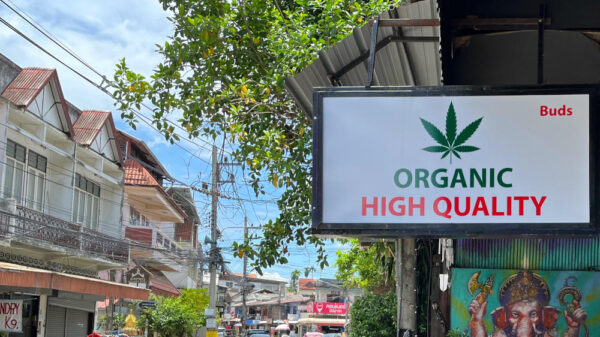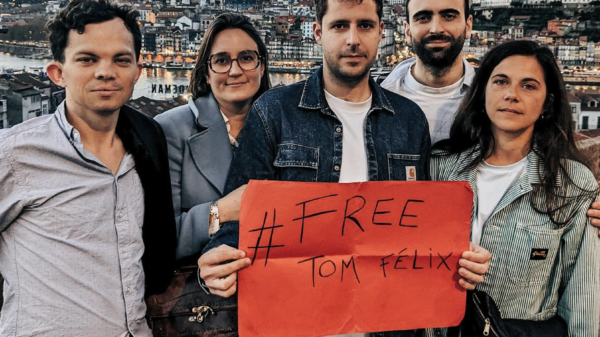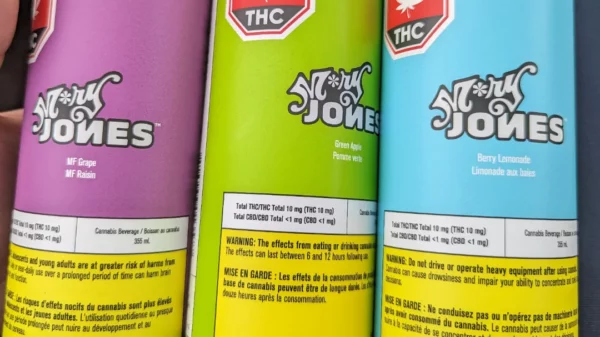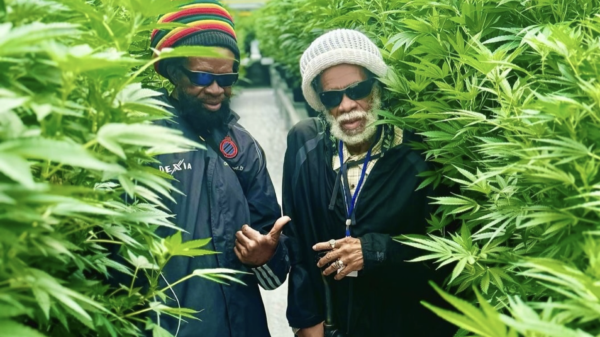Four municipalities on Canada’s West Coast have asked for help from the federal government to address concerns regarding the numerous cannabis grow operations in the region.
In July, the District of Sechelt, the Town of Gibsons, the Sunshine Coast Regional District and the shíshálh Nation sent a letter asking Prime Minister Justin Trudeau and other federal ministers to review the country’s regulations for growing medical cannabis, such as the maximum number of plants allowed on residential properties.
The other two main requests are to share information with districts on medical growing licences, and revenue from commercial cannabis sales to expand enforcement efforts.
“Basically we’re saying this is not something that we as a municipality put in place, but we’re on the front lines,” Sechelt Mayor Darnelda Siegers tells Mugglehead in a phone interview.
“And we are tasked with ensuring that it is following the guidelines, although we have not been given the resources to make sure that happens.”
Federal regulator Health Canada raised red flags on the issue in December, highlighting growers and doctors facilitating suspiciously high numbers of plants.
But the issue is a delicate one because access to cannabis for medical purposes is a constitutional right, and some patients require large daily doses to meet their therapeutic needs. Also, industry experts point out that Health Canada sharing data related to patients could lead to potential breaches in privacy.
Canadian cannabis patients face a number of barriers as well, including an absence of physical access points and a lack of coverage by insurers.
Read more: Health Canada hints at increased grey market enforcement
Read more: Imagining an inclusive system for Canada’s cannabis patients
Siegers says the districts are concerned about the social impacts on the neighborhoods, as well as safety issues grows can pose in residential areas, such as faulty electrical work, strong odours and off-sales to the black market.
They’re not against people growing marijuana for personal use, recreationally or medically, she explains. “We just want the legislation to be able to be fair, and equitable to all citizens of all communities.”
During a meeting with Sechelt in September, Public Safety Minister Mike Farnworth agreed with the municipalities’ petitions, and said they could potentially receive support through the provincial anti-gang violence funding program to provide additional bylaw enforcement.
A summary of the meeting acknowledges the frustrations of licensing happening at the federal level while the bulk of enforcement work happens locally.
Along with Farnworth, Finance Minister Selina Robinson, Municipal Affairs Minister Josie Osbourne and Assistant Deputy Minister Mary Shaw agreed with the petitions, saying a lack of resources for enforcement is a problem in many Canadian jurisdictions.
Over the past year, law enforcement in B.C. and across the country has been upping its effort to crack down on illicit pot.
And while municipalities were promised a cut of the cannabis excise tax from legal sales, in part to pay for enforcement costs, most provinces have yet to kick off a revenue sharing regime.
“Ministers Robinson and Osborne will be working with Union of BC Municipalities to address revenue streams for local governments,” reads the summary report.
Municipalities ask for more information and promised share of excise tax revenue
“We have bylaw officers but they don’t know whether these facilities are legal or not, because we don’t have access to who has been provided with licences under the federal federal medical cannabis program,” Siegers explained.
While there are inspectors for licensed medical cannabis growing facilities, the two inspectors closest to the region are located in Manitoba.

Municipalities across Canada have been upping enforcement of illicit weed operations. Photo via Ontario police
When the districts approached the RCMP for help, they were told that the only way police can access Health Canada’s legal medical grow database is if they start a criminal investigation.
“So we don’t believe that these facilities are being inspected properly,” she said.
In their letter, the municipalities say the high number of plants allowed by the government is having detrimental effects on housing availability and the “quality” of neighborhoods.
Currently, medical cannabis growing regulations allow for up to 500 plants to be grown, and the number is determined by a physician depending on the patient’s needs. Siegers said she’s aware of cohabitants with licences for up to 500 plants each.
According to the coastal communities, there are a number of properties in the area that are maintained for the sole purpose of growing cannabis, and off-sales to the black market are common.
Read more: Surrey RCMP seize nearly 8,000 weed plants, 5 guns from illicit operation
Read more: Testing pilot finds multiple contaminants in illicit BC bud
This not only reduces available housing, they say, but creates potential for fire hazards in uninhabited houses that require large amounts of electricity and wiring that is not up to code.
If more funds were provided, they would be used to hire officials for inspections and for bylaw officer investigations, Seigers continues, adding that the districts’ next steps are to bring up the issues with the Union of BC Municipalities as well as the Federation of Canadian Municipalities.
Other Canadian jurisdictions have been making efforts to crack down on alleged abuse of the medical growing program.
A Winnipeg city committee is set to vote to regulate and prohibit cannabis cultivation in residential areas, specifically targeting medical cannabis growers.
Follow Natalia Buendia Calvillo on Twitter
natalia@mugglehead.com












